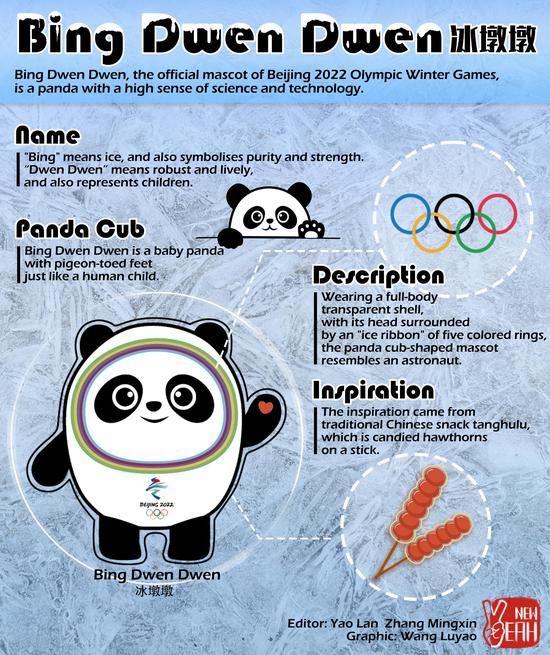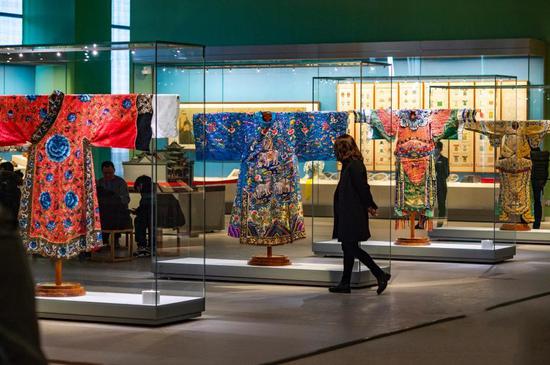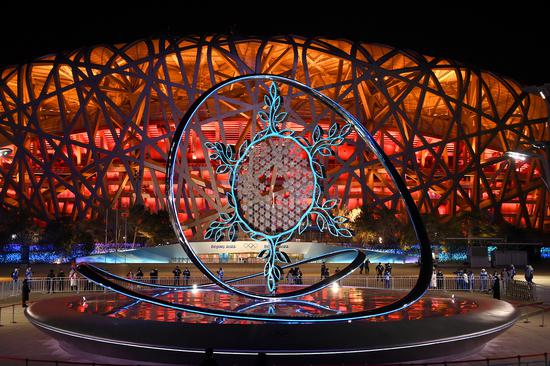The UN Environmental Assembly (UNEA) to be held in Nairobi will announce binding resolutions on the management of plastic pollution, a senior UN Environment Programme (UNEP) official said on Thursday.
Susan Gardner, director of UNEP's ecosystems division, noted that the discussions that started with the global program of action in the past will be finalized during the global environmental assembly, slated to be held between Feb. 28 and March 2.
"The resolutions have a vision to reduce the increasing marine pollution by the year 2050," Gardner said at a briefing in Nairobi.
She said the conference follows a ministerial conference that was held in September 2021 and attended by 75 countries on marine litter and plastic pollution where delegates resolved to act on the menace.
Daniel Cooney, director of communication at UNEP, revealed that a number of publications including those on noise pollution, wildfires and the current shifts on weather seasons will be launched during the forum whose theme is "Strengthening Actions for Nature to Achieve the Sustainable Goals".
Cooney noted that 62 countries have confirmed physical attendance while 34 countries and hundreds of stakeholders are attending virtually.
He noted that the member states, businesses, civil society and other stakeholders will attend to deliberate and agree on policies to address the world's most pressing environmental challenges.
Mohamed Atani, head of communication and outreach at UNEP's Africa office, said that during the conference, Africa will take the Presidency of the assembly that is currently held by Sveinung Rotevatn, the Minister of Environment and Climate of Norway.
Atani revealed that Malawi, Algeria, Uganda and Morocco have so far expressed interest in taking over the presidency of UNEA-6.
UNEA conference is held every two years to highlight the pivotal role nature plays in social, economic and environmental sustainable development.
It helps in creating momentum for governments in catalyzing impact on multilateral environmental efforts to protect and restore the natural world on which the economies and societies depend.
This is the first time that the conference is being held physically after being disrupted by the outbreak of COVID-19.


















































 京公网安备 11010202009201号
京公网安备 11010202009201号